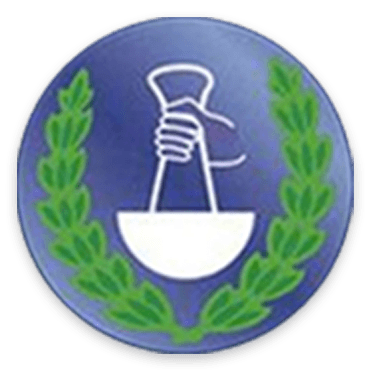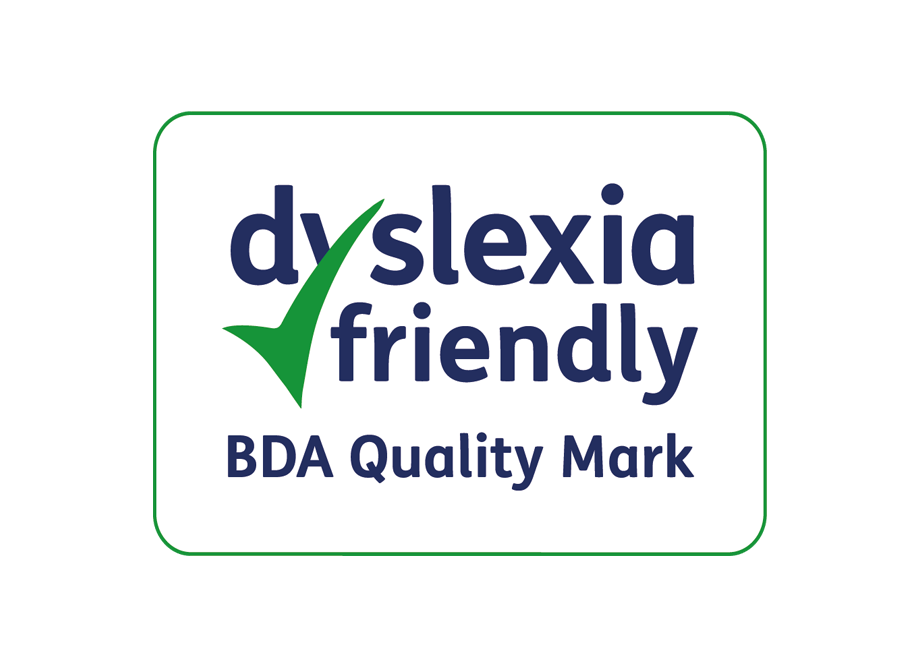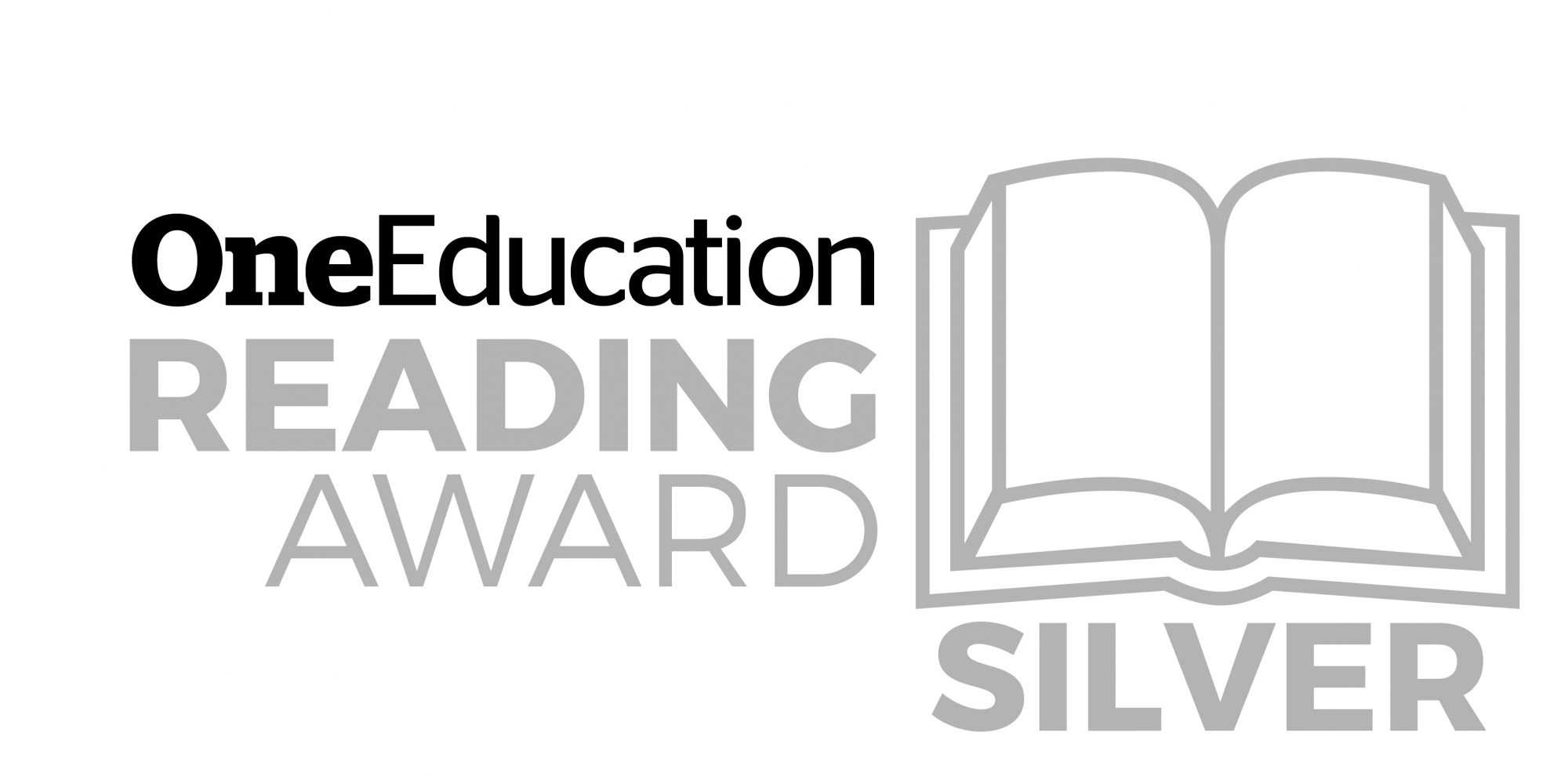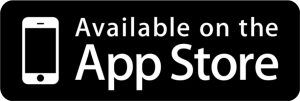RHE
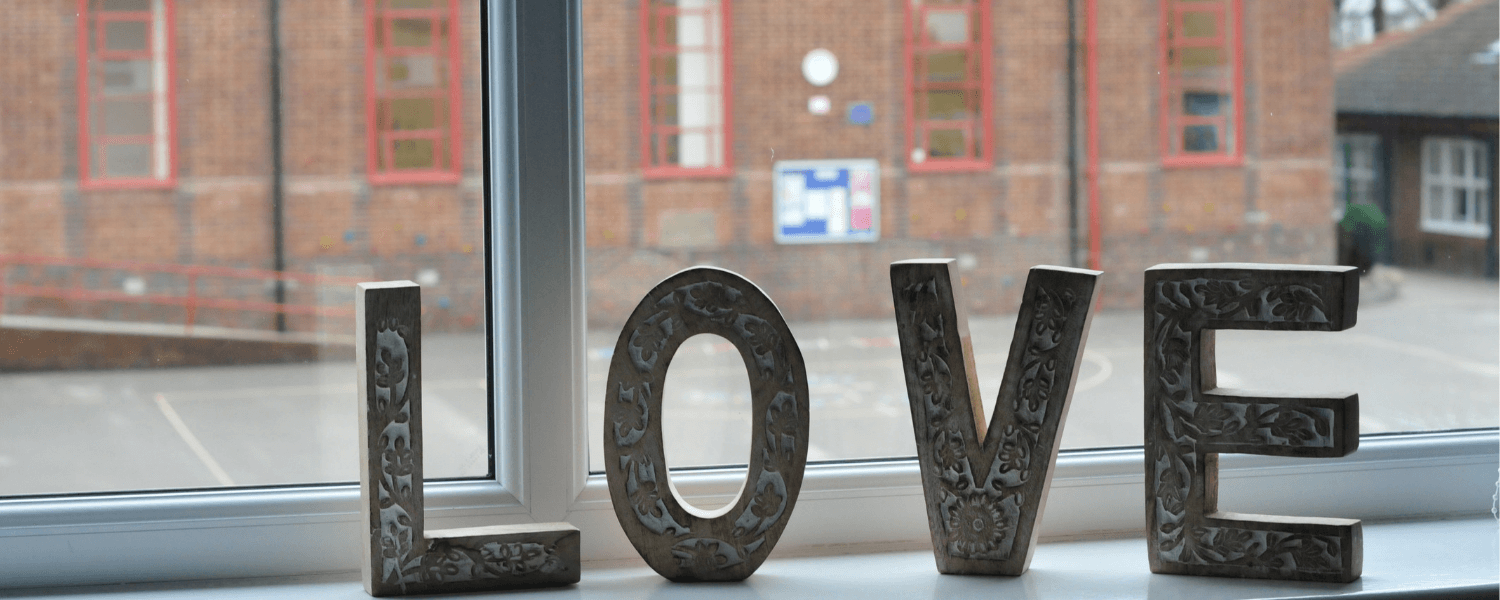
What is Relationships and Health Education? (RHE)
RHE is a planned programme of study that supports and enhances the learning and development of children and young people. Effective Relationships and Health Education allows young people to make responsible and well informed decisions about their lives. The objective of Relationships and Health Education is to help and support young people through their physical, emotional and moral development. It will help young people learn to respect themselves and others, and move with confidence from childhood through adolescence into adulthood. At St. Luke’s RC Primary School we want all children to successfully develop the qualities, skills and attributes they need to thrive as happy, well-rounded individuals, family members and members of society. We encourage our children to be true ‘LUKIES’, upholding the LUKIE values of being Loving, Unique, Kind, Inclusive, Empathetic and Striving. This links to our School mission to be God’s Disciples here on Earth, to do the best that we can do and be the best that we can be. Our Come and See, Jigsaw PSHE and TenTen programmes are all closely linked and all play a vital role in supporting positive development. We believe that everyone deserves to be happy and free from discrimination and bullying. Therefore Anti-Bullying, Well-being and Online Safety activities are embedded and developed across the curriculum. As in PSHE, teachers plan activities to promote diversity and equality.
RHE Programme of Study: Intent, Implementation and Impact
Intent: What do we teach and why?
At Saint Luke’s Catholic Primary School, we support the children’s development in this area through the TenTen ‘Life to the Full’ Scheme of Work, which embraces and fulfils the new statutory curriculum. The entire teaching is underpinned with a Christian faith, understanding that our deepest identity is as a child of God- created, chosen and loved by God. The name TenTen comes from the Scripture passage John 10:10- ‘I have come that they might have life and have it to the full.’
The programme is taught with a spiral approach to learning in which pupils will revisit the same topics at an age-appropriate stage through their school life. It includes teaching about personal health, physical and emotional well-being, strong emotions, private parts of the body, personal relationships, family structures, trusted adults, growing bodies, puberty, periods, life cycles, the dangers of social media, where babies come from, an understanding of the Common Good and living in the wider world.
The Life to the Full programme is based on the structure of ‘A Model Catholic RSE Curriculum’ by the Catholic Education Service. This model curriculum was highlighted as a work of good practice by the Department of Education. It includes an online parent platform so that parents and carers can engage with the teaching and deepen the experience for our children. To access the online parent platform please visit: www.tentenresources.co.uk/parent-portal
In Life to the Full, we follow a four-stage structure which is repeated across four different learning stages:
Early Years Foundation Stage is aimed at Preschool and Reception
Key Stage One is aimed at Years 1 and 2
Lower Key Stage Two is aimed at Years 3 and 4
Upper Key Stage Two is aimed at Years 5 and 6
Within each learning stage, there are three Modules which are based on the Model Catholic RSE Curriculum:
- Created and Loved by God
- Created to Love Others
- Created to Live in Community
Each Module is then broken down into Units of Work.
Within each Unit there are a number of planned sessions which are led in the classroom.
Implementation: How and when is it taught?
At our school, we model positive relationships and communication skills with others in all our day-to-day interactions, as well as teaching skills explicitly in RHE lessons and during circle time activities. We allocate 1 lesson (approx. 45mins to 1 hour) to PSHE and RHE each week in order to teach the knowledge and skills in a developmental and age-appropriate way. The lessons are taught by the class teacher or another substantive member of staff.
These explicit lessons are reinforced and enhanced in many ways:
- Assemblies and collective worship.
- Praise and reward systems.
- The Jigsaw Learning Charter.
- Through relationships child to child, adult to child and adult to adult across the school.
- Our LUKIE values
We aim to ‘live’ what is learnt and apply it to everyday situations in the school community.
For more information about what is taught and how, please see the attached documents on this page.
Impact: How will we evaluate what skills and knowledge pupils have gained?
Children and staff will record the children’s work in RHE in their ‘Jigsaw Journals’ as there are very close links with their work in Jigsaw PSHE lessons. These journals are passed up with them as they journey through school. We see the impact of the programme mainly through the behaviours and attitudes of the pupils within school and in the wider world, and through their relationships with each other. Each ‘Life to the Full’ unit of work also has an assessment activity associated with it which takes into account the Learning Objectives of the sessions within the unit.
